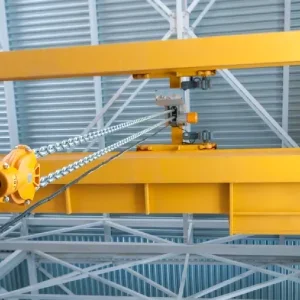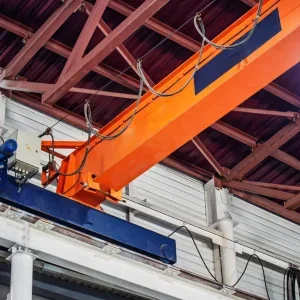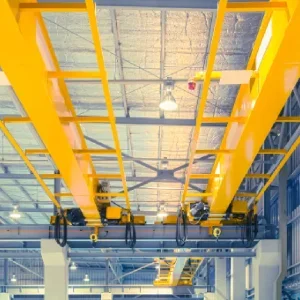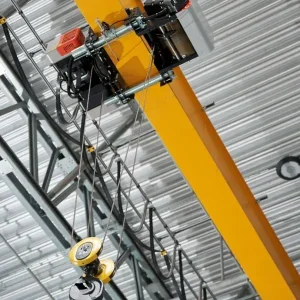In particular, it advises of the risk to motors of single-phasing, when a three-phase motor loses one of its phases. Single phasing can be caused by an overload that causes one fuse to blow, faulty contacts in a switching element or a failure that removes power from one of the three phases. When a motor is single-phased, the other two phases of the motor will carry increased current, risking burning the motor windings, the Navy said in a recent Crane Corner bulletin.
Motor overload contactors are built in to motors to prevent damage from single-phasing by opening the contacts at a predetermined temperature.
The Navy advises that these elements be inspected after being actuated, or after any single-phasing incident.
One crane user found that after two previous single-phasing incidents, the overload contactors on one crane were burnt and discoloured. “Further investigation found these elements were causing premature nuisance overload trips,” the Navy said. “Upon element replacement, nuisance trips ceased.”






